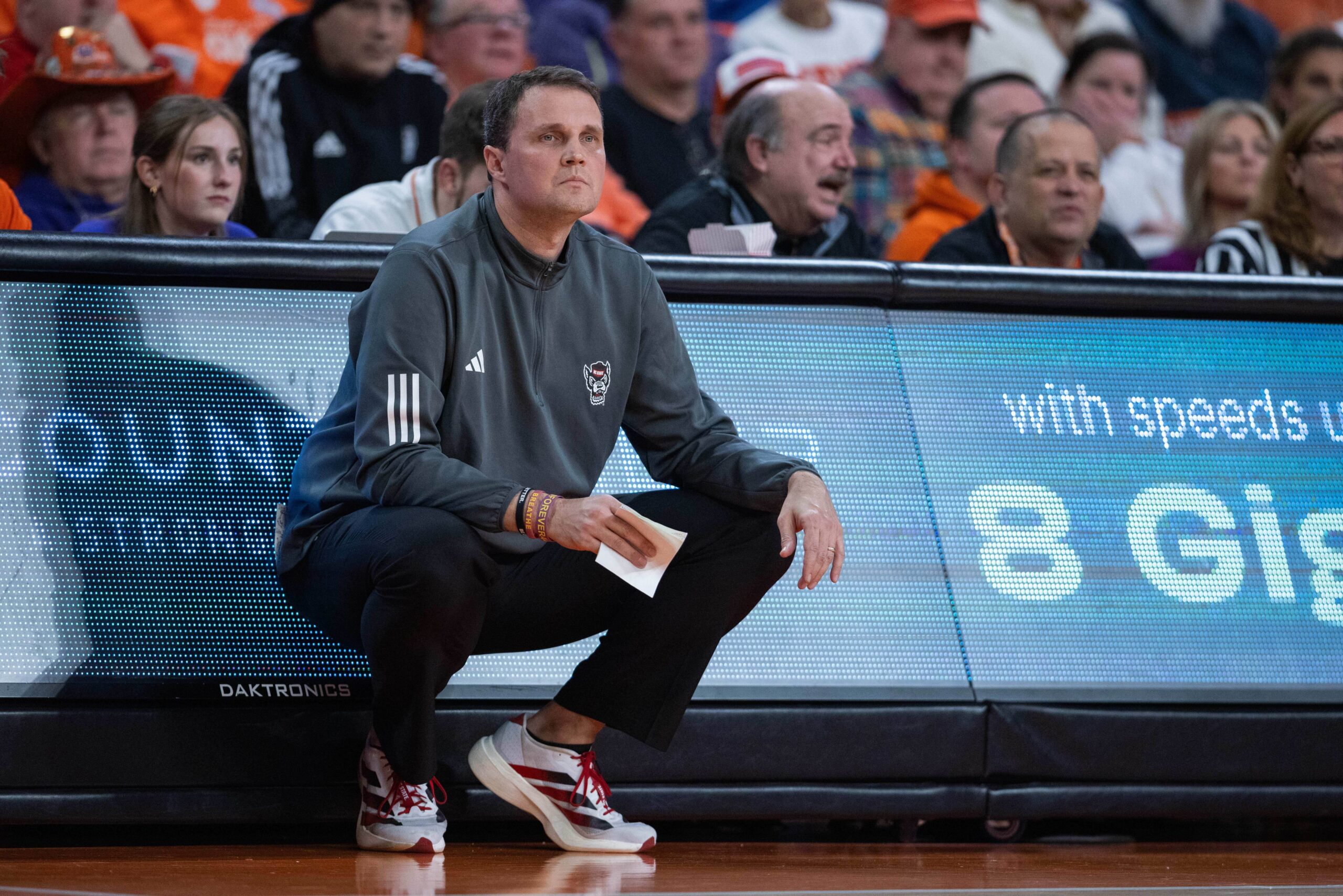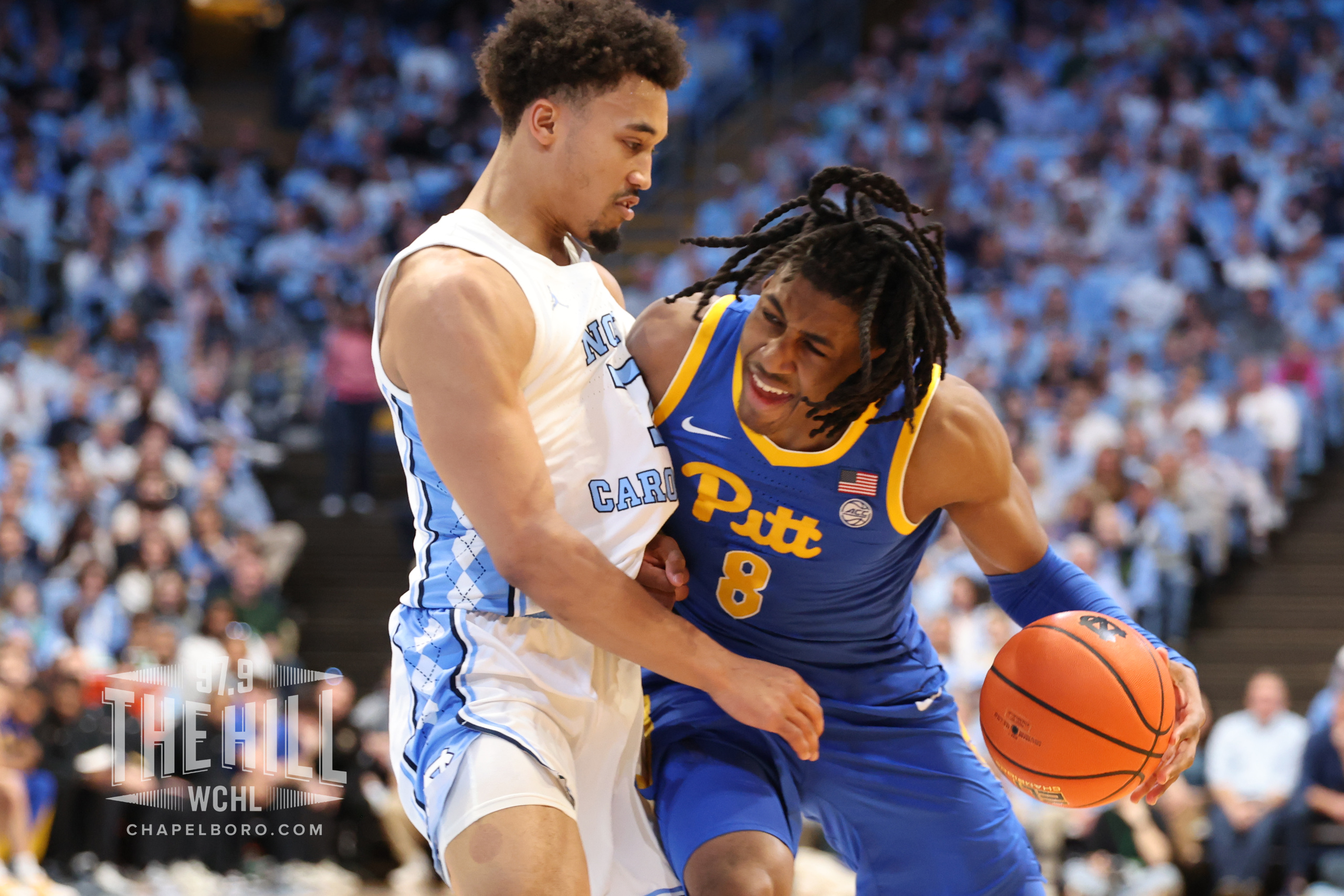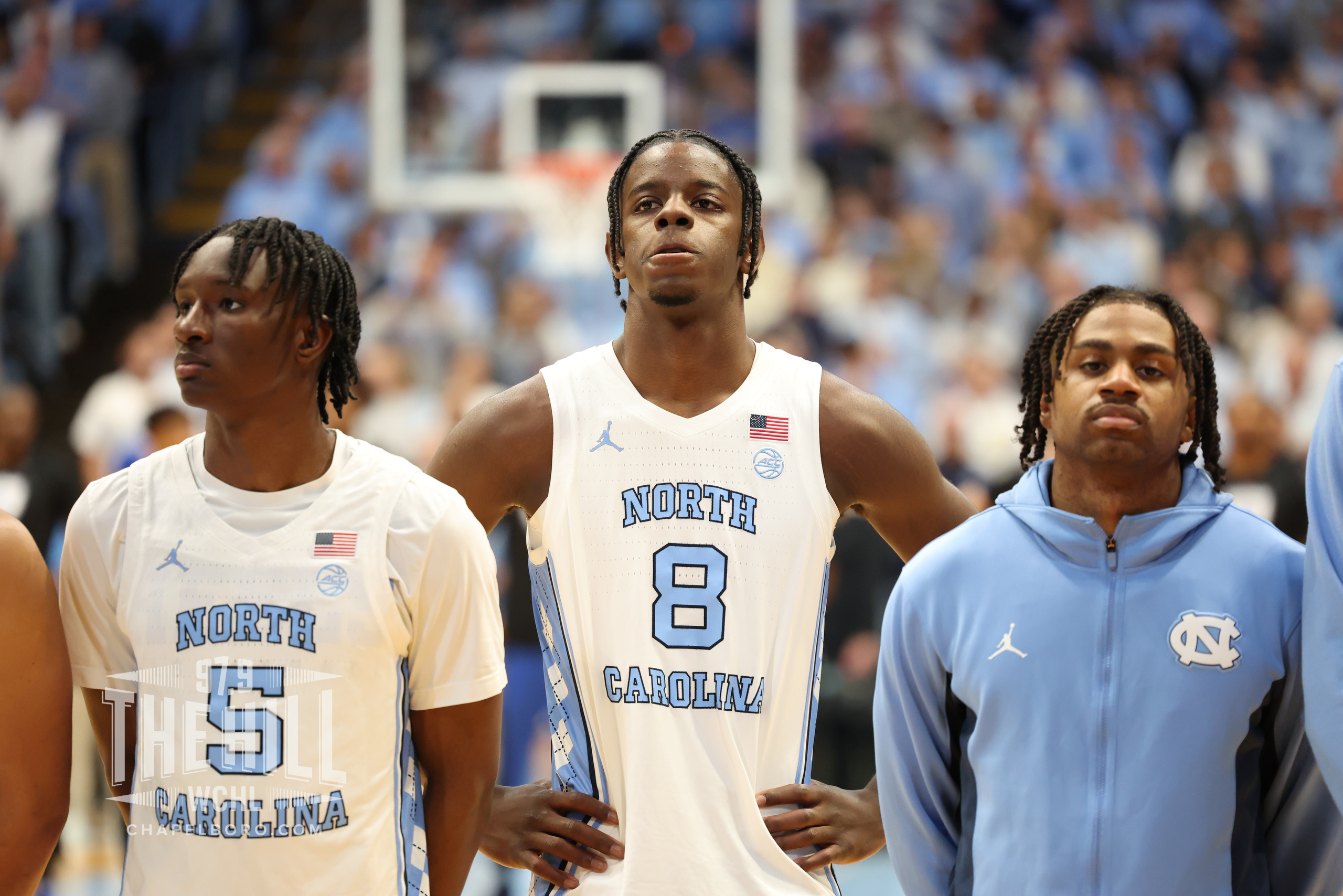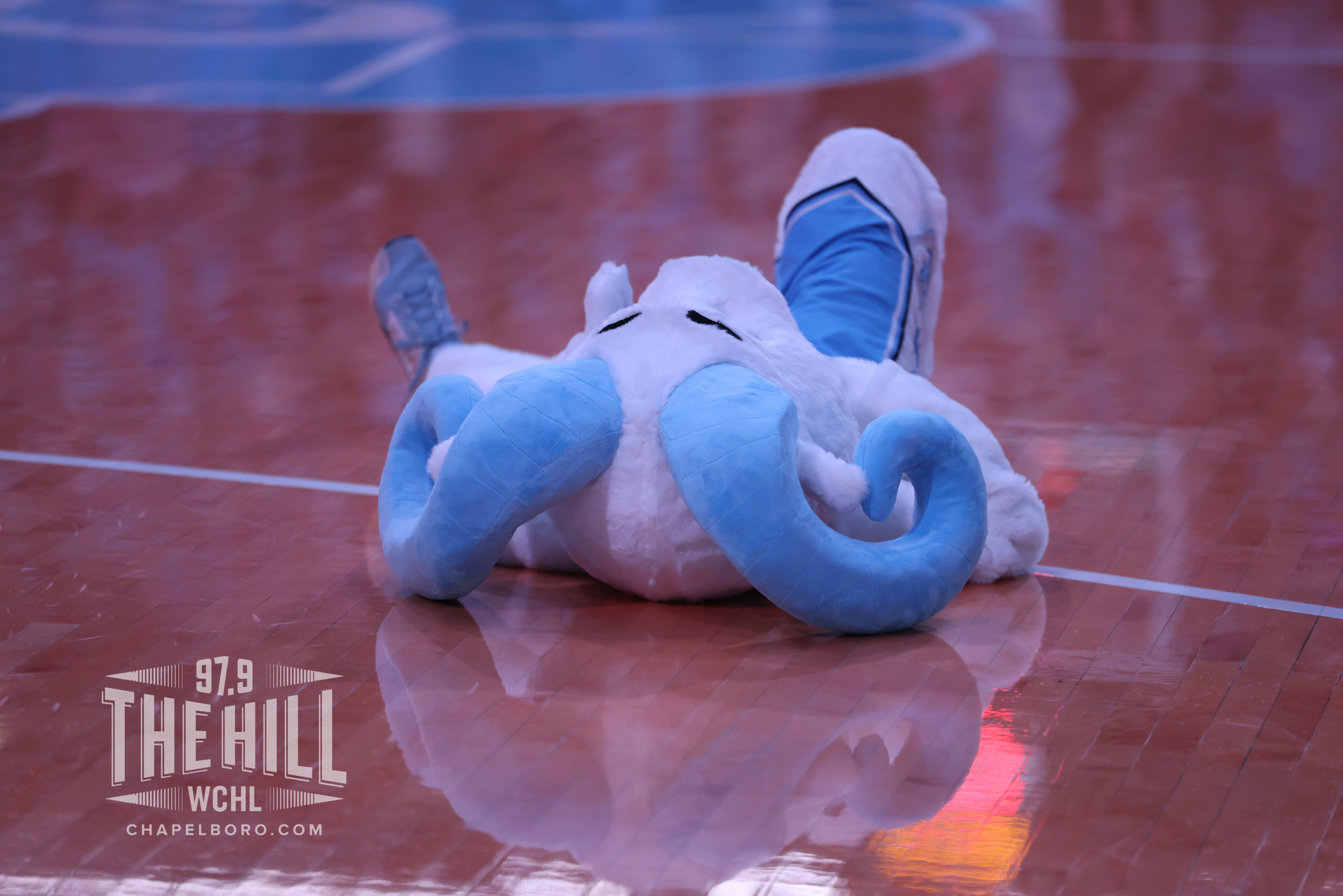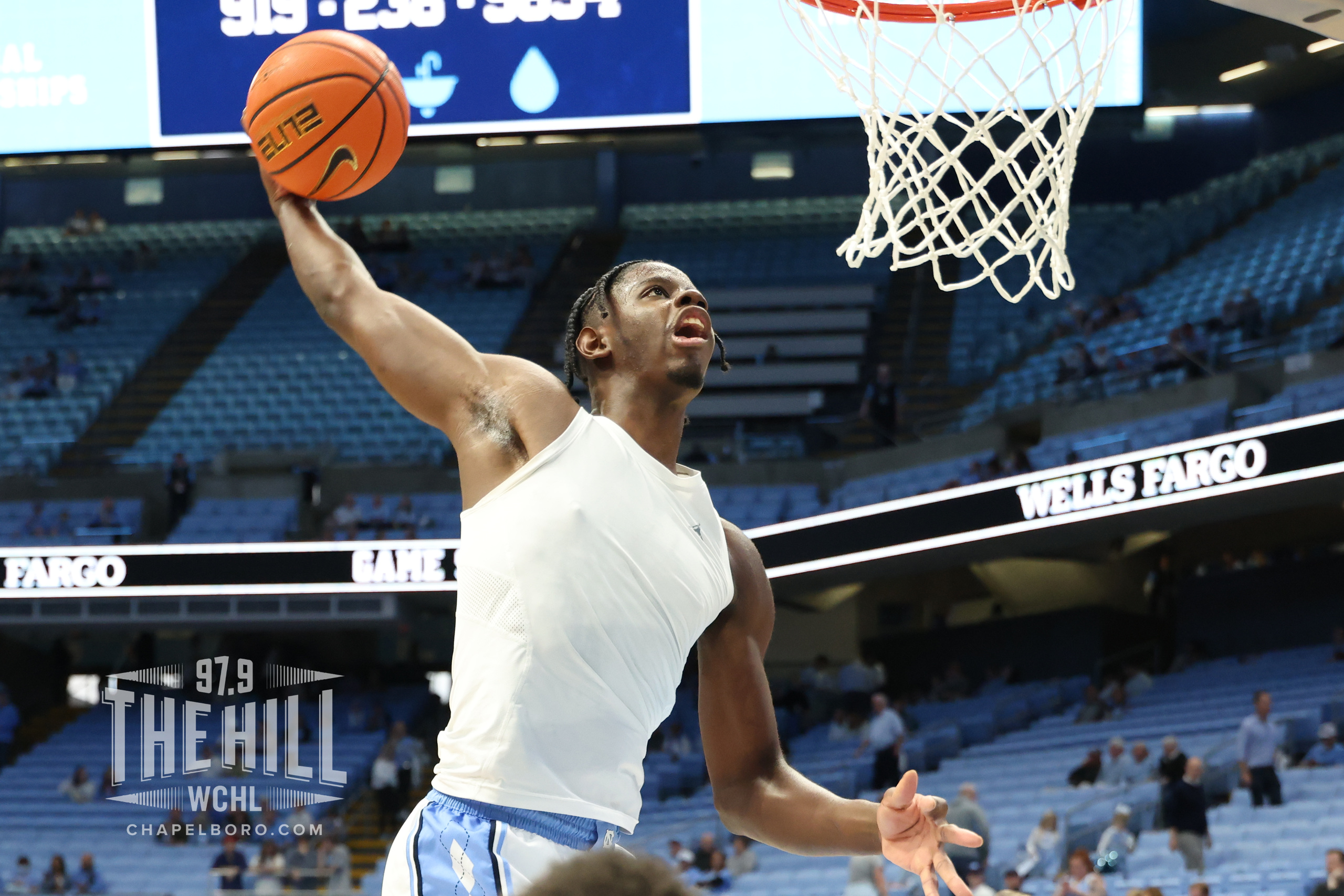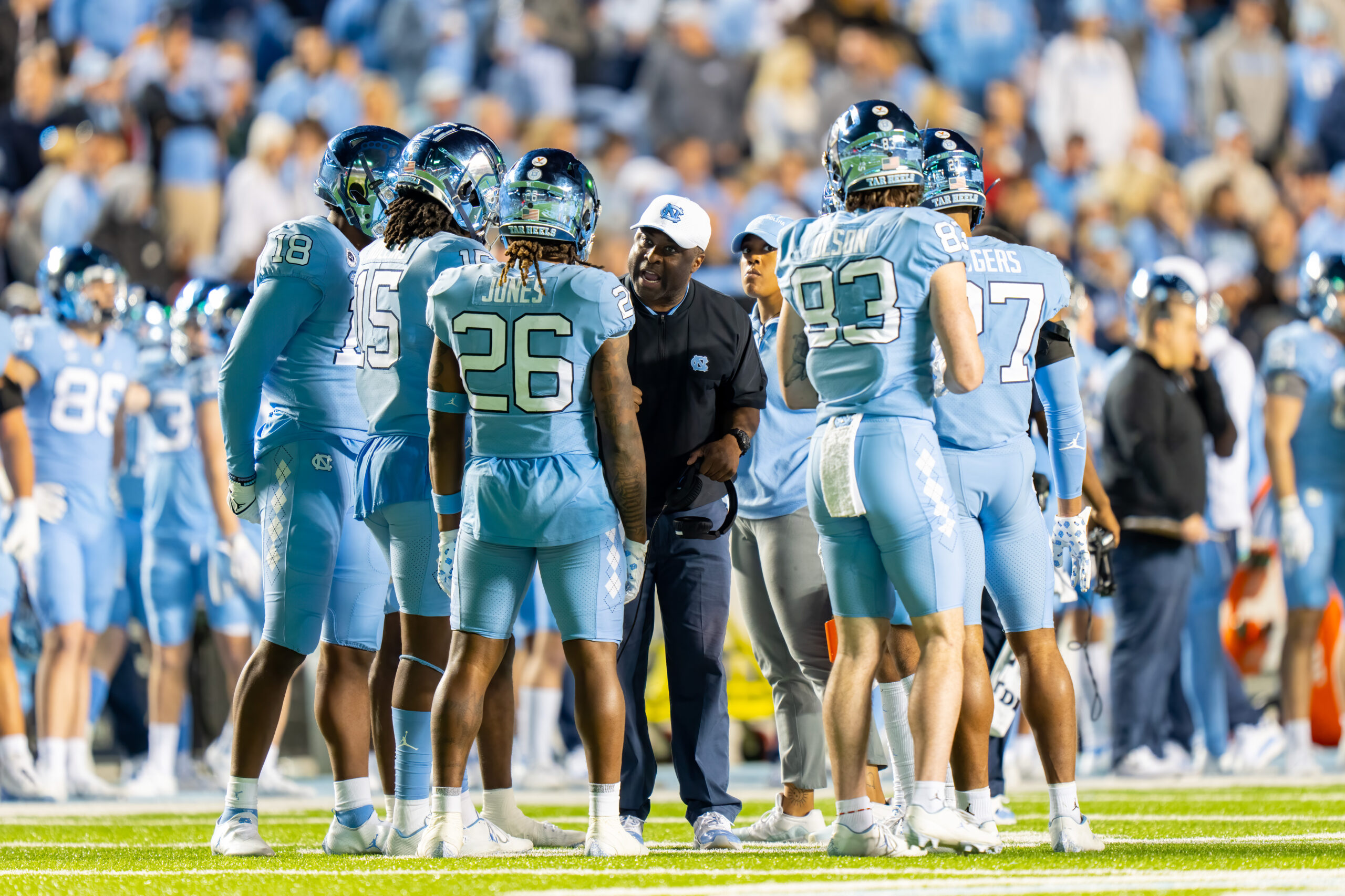
Art Chansky’s Sports Notebook is presented by The Casual Pint. YOUR place for delicious pub food paired with local beer. Choose among 35 rotating taps and 200+ beers in the cooler.
The Supreme Court ruling made recruiting even more complicated.
If colleges and universities can no longer admit students based solely on race, what happens to the great majority of Black athletes in football and basketball programs across America?
The overturning of Affirmative Action is a new daunting issue for admissions and compliance offices at schools that play major college sports. We can debate all day long why Black players fill the majority of rosters at Power 5 programs. But it’s true, and now it could change.
CNN reported that “UNC’s second highest academic category . . . recently admitted 84 percent of Black applicants compared to 58 percent of white applicants and 47 percent of Asian American applicants.” It did not specify the second highest academic category as athletics, but with 85 scholarships in football it stands to reason that affects the high percentage.
According to CNN reporting, “the Court found admission policies that discriminated against Asian American applicants while enhancing the acceptance odds of other categories of applicants, including recruited athletes, legacy children, children of wealthy donors and applicants of other races. Admission officers . . . are instructed to favor applicants for reasons that are not based on academic merit. Athlete applicants fall into that category, and how the Court’s ruling is applied will have an impact on recruitment.”
UNC Athletic Director Bubba Cunningham said Thursday night, “I do not think it will have an impact” on the recruiting of minority athletes. Just like the talented artist, chemist or musician might have their applications “red-flagged” for special consideration, prep star athletes with sub-par transcripts have been admitted to Carolina and other schools for decades. That may have to change.
While the admission offices tell coaches whether certain athletes they want to recruit can or cannot be admitted, that decision may now have to come later when ratios are determined for an entire entering class.
And what happens when a highly recruited athlete cannot get into the school of his choice because he is one too many of his race? The lawsuits filed against Carolina and Harvard spelled out how they want to handle diversity.
Now, if they cannot admit a minority athlete they really want, will they be subject of new lawsuits by the athletes and their families?
One way to avoid this latest hornet’s nest may be to make athletes employees of their schools or athletic conferences. That could be coming anyway in the rapidly changing world of big-time college athletics.
Featured image via Eli Melet
Chapelboro.com does not charge subscription fees, and you can directly support our efforts in local journalism here. Want more of what you see on Chapelboro? Let us bring free local news and community information to you by signing up for our biweekly newsletter.
Podcast: Play in new window | Download
Subscribe: RSS




